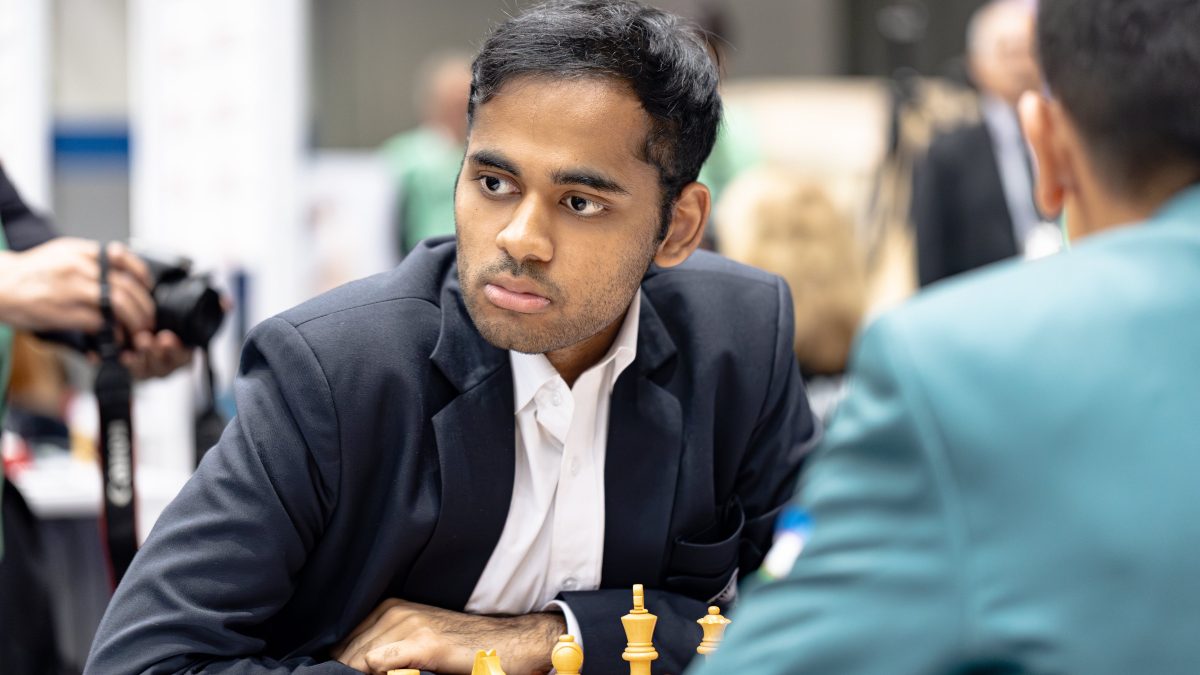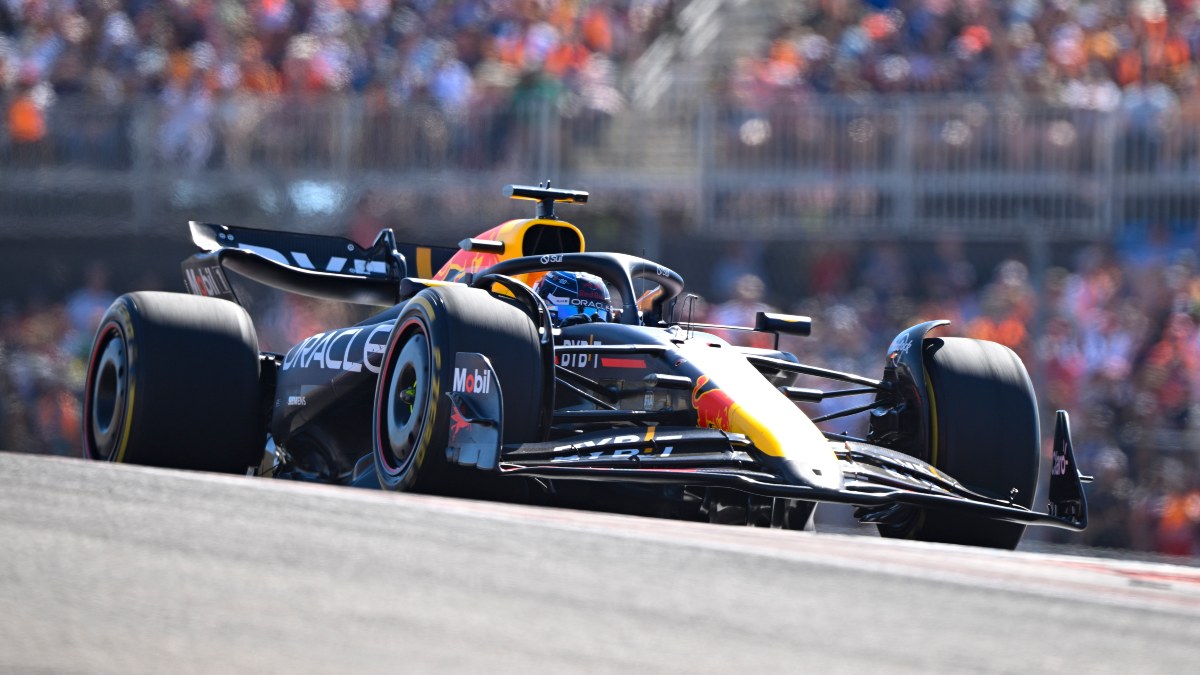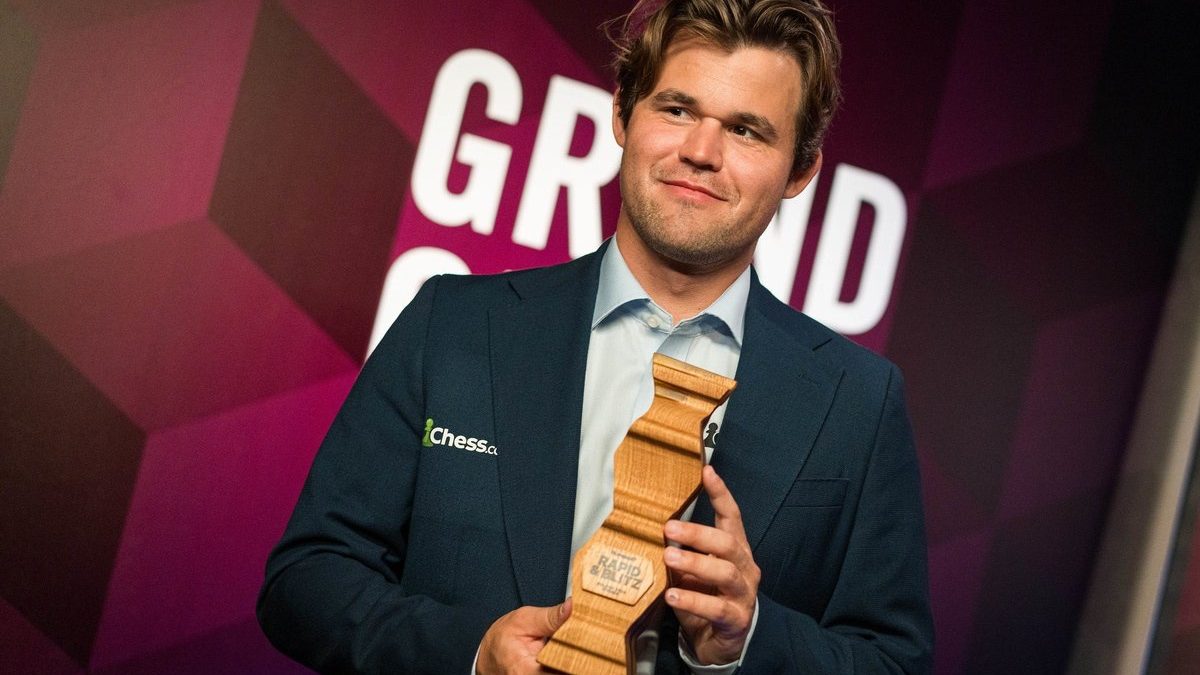Norman Pritchard was the first Indian athlete of British origin to win two Olympic medals in a single edition of the Olympic Games. Pritchard, who bagged two silver medals in the 200-metre dash and 200-metre hurdles at the 1900 Paris Olympics, would later move to America and become a silent movie star read more
)
Growing up, Norman Pritchard was a natural athlete who was proficient in both sprinting and football. Image courtesy: Olympics.com
Manu Bhaker has done it again.
Bhaker, who became the first Indian woman shooter to win an Olympic medal, won another bronze medal with Sarabjot Singh in the 10 metre air pistol mixed team event on Tuesday.
Bhaker has now equalled the Olympic record of Norman Pritchard – the first Indian athlete to win two Olympic medals in a single edition of the Olympic Games.
But who was Pritchard? What do we know about him?
Let’s take a closer look:
As per the Olympics website, Pritchard was born in Calcutta’s Alipore on April 23, 1875.
His parents were George Peterson Pritchard – an accountant – and Helen Maynard Pritchard.
Pritchard graduated from the Saint Xavier’s College in Kolkata.
After that, he joined Bird & Co – a famed well-known trading house in Calcutta.
Growing up, Pritchard was a natural athlete who was proficient in both sprinting and football.
Pritchard set a record by winning the Bengal 100 yards dash for seven straight years from 1984 to 1900. He also scored a hat-trick in a football tournament Saint Xavier’s against Sovabazar in 1897.
In 1900, Pritchard went to England with his father. As per India Today, Pritchard then took part in the British AAA Championships. Here, his runner up-status in the 120 yards hurdles got him a spot on the British Olympic team.
At the 1900 Paris Olympics, Pritchard participated in five events – the 60 metres, 100 metres, 200 metres, 110 metres hurdles, and 200 metres hurdles.Pritchard ended up winning silver medals in the 200-metre dash and 200-metre hurdles.
As per The Print, Pritchard then went back to India. Now, age 25, he gave up sports for sports administration. Pritchard was secretary of the Indian Football Association from 1900 to 1905.
Pritchard became an actor after encouragement from Sir Charles Wyndham – an English actor and theatre owner.
Wyndham offered Pritchard parts in several plays after witnessing a dramatic narration of one of Lord Curzon’s durbars in Delhi.
Pritchard then moved to the United States. He made his Broadway debut in 1914 and then transitioned into a silent movie star under the name Trevor Norman.
Pritchard would go on to act in 26 plays and 27 silent movies – making history again as the first Olympian to do so.
Unfortunately, Pritchard’s story does not have a happy ending. He passed away on October 30, 1929, in Los Angeles from a chronic brain disease. By then, he was broke and had been in and out of mental asylums for years.
A controversy has since broken out over Pritchard – as both India and Britain claim he represented them at the 1900 Paris Olympics.
Both sides make convincing arguments. Ian Buchanan, a British Olympic historian extraordinaire, points to the fact that Pritchard hailed from an old colonial family. Buchanan argues that Pritchard was ‘undisputedly British’ despite his being born in India.
Buchanan also states that that the program for the Paris Olympics lists Pritchard as a member of the AAA team. The New York Times also called him an “Englishman,” according to Buchanan.
However, Indian Olympic historian Gulu Ezekiel notes that Pritchard was born in India and lived here for decades.
A report in The Telegraph states that Pritchard was referred to as “the Indian champion” in a piece for The Field magazine.
“The mystery over which country he was representing is deepened by the fact that in the competitions in England, his name was entered as a member of both the Bengal Presidency Athletic Club of India and the London Athletic Club,” the report states. “It should be noted that of the nations that participated in the Paris Olympics, only a handful of countries had registered their National Olympic Committees. These did not include either India or Great Britain.”
Meanwhile, the International Olympic Committee credits Pritchard’s silver medals to India.
With inputs from agencies

 3 months ago
71
3 months ago
71
)
)
)
)
)
)
)
)
)
)
)
)
)
)
)
)
)
)
)
)
)
)
)
)
)
 English (US) ·
English (US) ·